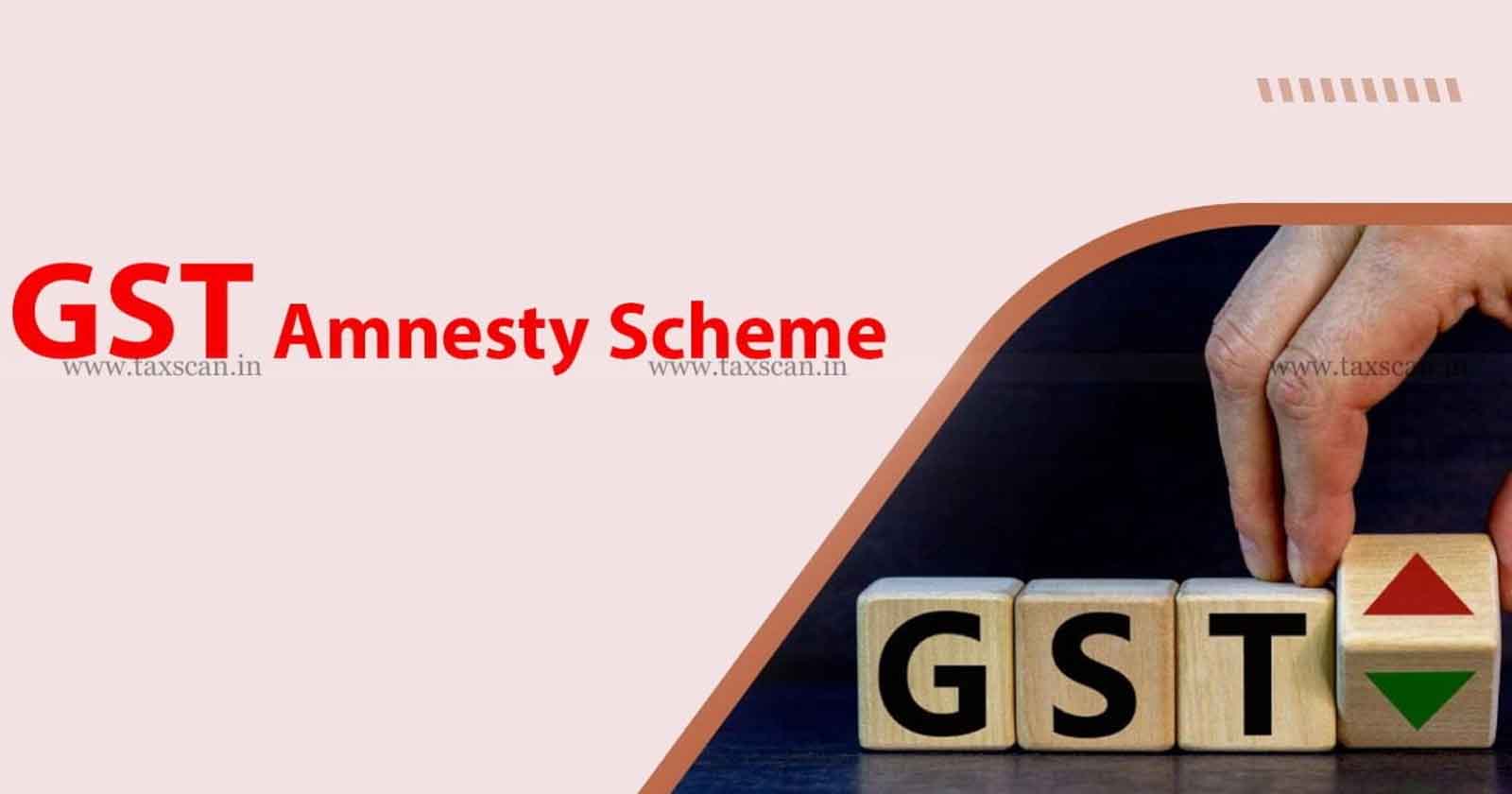Withdrawal of GST Appeals Mandate for Amnesty Scheme Applications: Here's What You Need to Know
One of the critical prerequisites for filing an application under this new amnesty scheme is the withdrawal of any existing appeal filed against a GST demand order or notice

Goods and Service Tax ( GST ) registered taxpayers who intend to apply for the GST Amnesty Scheme 2024 under Section 128A, as announced in Budget 2024, must familiarize themselves with important procedural changes implemented by the authorities.
One of the critical prerequisites for filing an application under this new amnesty scheme is the withdrawal of any existing appeal filed against a GST demand order or notice. The primary objective behind mandating this withdrawal process is to minimize litigation for taxpayers seeking relief from interest and penalties under the CGST framework.
According to the latest advisory issued by GSTN on January 14, 2025, taxpayers who have filed GST appeals using form GST APL-01 before March 21, 2023, will not find a direct “withdrawal of appeal” option on the GST portal.
Instead, they must approach the concerned appellate authority with a formal request to withdraw the appeal. The appellate authority will then liaise with the State Nodal Officer and GSTN to have the appeal removed from the backend system. By ensuring that all pending appeals are appropriately withdrawn, the authorities aim to prevent the possibility of “double-dipping”—where a taxpayer might attempt to simultaneously pursue an appeal while seeking the benefits of an amnesty scheme.
The GST Amnesty Scheme 2024, under Section 128A, provides a one-time waiver of interest and penalties for a range of non-fraudulent issues. These issues typically come under Section 73 of the CGST Act and can involve inadvertent omissions, short-payment of tax, delays in filing returns, or clerical errors. Notably, however, cases involving fraudulent activity—governed by Section 74—are specifically excluded from the amnesty’s ambit. This distinction underscores the government’s intention to support genuine taxpayers who may have erred due to oversight or interpretation complexities, while maintaining a strict stance against willful tax evasion or misrepresentation.
Drafting GST Replies Simplified for Professionals - Enroll Now
To avail themselves of the amnesty, taxpayers must deposit 100% of the disputed tax amount as determined in the demand. This requirement is critical: while penalties and interest may be waived, the principal tax liability still needs to be paid in full.
This feature encourages taxpayers to carefully evaluate whether their situation fits the eligibility criteria under Section 73 of the Goods and Services Tax Act.
Determining if the notice pertains to non-fraudulent issues or has roots in a genuine misunderstanding of GST provisions is essential before committing to the upfront payment of the disputed tax.
As further clarified by recent departmental circulars, the deadline to submit both the application for the GST Amnesty Scheme under Section 128A and the payment of any outstanding tax is March 31, 2025. This deadline applies uniformly to all taxpayers seeking relief. The existence of a single, standardized cutoff date helps eliminate confusion and ensures a coherent timeline for taxpayers, tax practitioners, and the authorities alike. Nonetheless, taxpayers are encouraged to begin the process as soon as possible, especially if they are required to withdraw pending appeals. Delays in the withdrawal process may inadvertently shorten the window of time available to file the amnesty application and make full payment.
Drafting GST Replies Simplified for Professionals - Enroll Now
GSTN has introduced two specific forms—GST SPL-01 and GST SPL-02—for taxpayers to use when applying for the amnesty scheme under Section 128A. Both forms are now live on the GST portal. Once a taxpayer has successfully withdrawn any pending appeal (especially those filed before March 21, 2023), they can proceed with one of these forms to complete the application process. After filing the chosen SPL form, the taxpayer must promptly make the full tax payment to meet the amnesty conditions before the March 31, 2025, deadline. Completing these steps accurately and on time is vital, as any lapse in the submission of forms or proof of payment could result in ineligibility for the waiver of interest and penalties.
Taxpayers should also be aware of which types of notices or demands are eligible for the amnesty. According to experts, the amnesty applies only to those notices where the potential liabilities stem from regular, non-fraudulent issues. For instance, computational errors, inaccurate reporting of turnover, or unintentional short-payments of tax fall within the ambit of Section 73, rendering such notices eligible for the scheme. In contrast, notices issued under Section 74—covering fraud, willful misrepresentation, or suppression of facts—are categorically disqualified. Erroneous refunds, where a taxpayer has claimed a refund to which they were not entitled, also lie outside the scheme’s coverage. The government has drawn this line to balance leniency for honest mistakes with strict action against purposeful non-compliance.
Overall, these procedural changes and clarifications reflect the government’s attempt to both facilitate compliance and maintain the integrity of the GST system. By making the withdrawal of prior appeals a mandatory condition, the authorities ensure that taxpayers genuinely commit to resolving their disputes under the amnesty framework without seeking parallel remedies.
Drafting GST Replies Simplified for Professionals - Enroll Now
Once an existing appeal is withdrawn, taxpayers can use the newly provided forms on the portal to file for the GST Amnesty Scheme. Thereafter, they must deposit 100% of the tax demanded for the relevant period, which, as clarified by experts, can only span from July 1, 2017, to March 31, 2020. With the March 31, 2025, deadline looming, proactive engagement is advisable.
Taxpayers should carefully evaluate their pending appeals, consult with professionals to ascertain eligibility under Section 73, and expedite the withdrawal process. In doing so, they will be well positioned to secure the waiver of interest and penalties offered under the Section 128A GST Amnesty Scheme—ultimately safeguarding their compliance standing and ensuring peace of mind regarding past inadvertent errors.
Support our journalism by subscribing to Taxscan premium. Follow us on Telegram for quick updates


